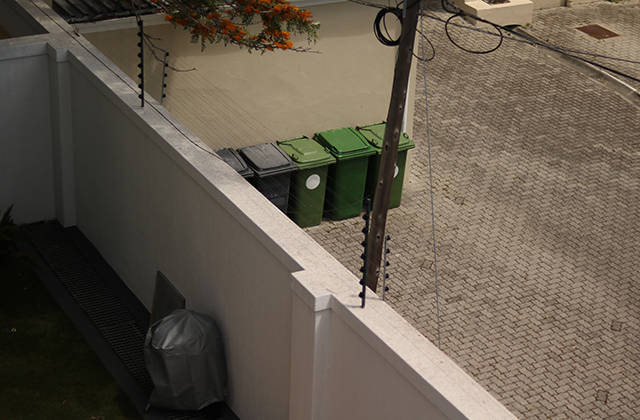Many people are surprised to learn that waste disposal can cause floods. The idea that garbage or sewage can affect flooding seems absurd, but it is true. Adelaide eco bins help prevent the floods because people putting their waste inside that bins.
Waste disposal and flooding are closely related because of their connections to water. Water is a major component in both waste disposal and flooding, so it makes sense that they would be connected.
How Can Waste Disposal Cause Flooding?
Waste disposal systems are designed to prevent excess water from entering homes and businesses. However, these systems can fail at any time due to natural disasters or human error. When these systems fail, floodwaters enter homes or businesses through the plumbing system.
In addition to this problem, many areas where flooding occurs have poor drainage systems that cannot handle large amounts of rainwater or snow melt from nearby mountains. This leads to over-flowing rivers and streams which eventually lead to high waters that flood out homes and businesses within the area.
People often wonder if waste disposal can cause floods. The answer is yes and no. Waste disposal can cause floods, but not directly.
Waste disposal is a common name for household garbage collection and recycling. A lot of cities have laws that require residents to separate their trash into different bins or bags according to the type of material they are throwing away. The city then collects these bins every week and takes them to a landfill where they are buried under tons of soil.
The main reason why this practice can cause flooding is because it puts pressure on the earth beneath our feet. When you put heavy objects on top of something that isn’t strong enough to support them, it causes stress points in the soil around the object. When there are enough stress points in one area, the soil can break apart, which results in cracks forming on the surface above it. These cracks act like weak spots in your walls and floors; rainwater gets into them more easily than it normally would and flows through until it finds an outlet somewhere else (such as your basement).
There are several reasons why waste disposal can cause floods. Waste disposal is one of the main causes of flooding in many areas. In fact, it can be a major contributor to flooding in certain regions.
The following are some reasons why waste disposal can cause floods:
The amount of water that is used for waste disposal is more than what would be needed for any other activity. For example, when you flush your toilet, the wastewater will be carried away by pipes and dumped into a sewer system or septic tank where it will be treated before it gets released into the environment. However, some cities dump their untreated wastewater directly into rivers or lakes which may lead to increased water levels during heavy rains or snow melt.
Wastewater treatment plants were designed to treat only domestic sewage but because they were also designed to handle industrial waste as well, they are unable to treat all industrial wastes properly due to lack of equipment and manpower at these facilities. This means that there is an increase in the amount of industrial waste ending up in these treatment plants which increases the amount of pollution in our rivers and lakes resulting in floods later on down the line when heavy rains come along with them.
You may have heard that the landfill you use is responsible for causing floods. This is not true.
Landfills are not responsible for flooding. In fact, they help prevent it.
Landfills are designed to contain waste and prevent it from escaping into the environment. Landfill liners are made of clay, plastic, or a combination of both and create a barrier that protects groundwater and the environment from contamination. The liners are thick enough to withstand rainwater runoff, which would otherwise cause leachate to enter local waterways or ground water supplies. Inquire here on where to get your skip bins.








